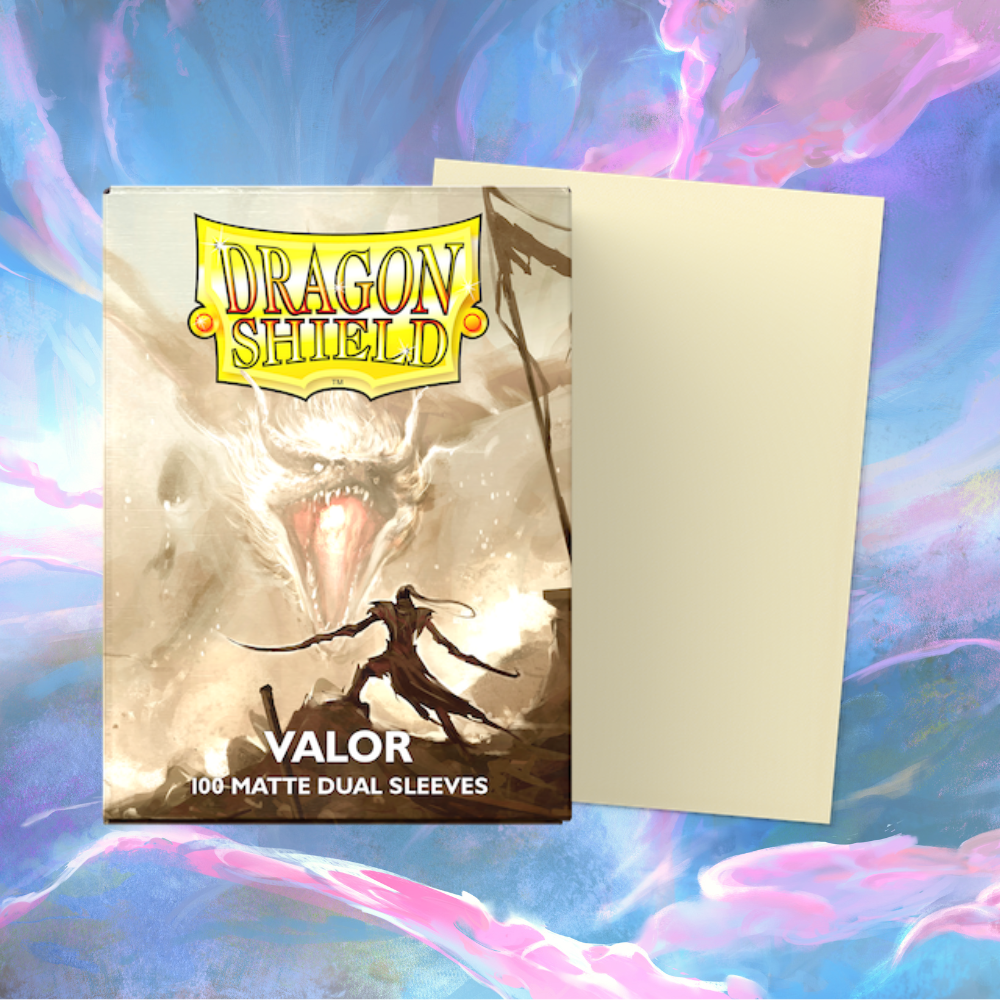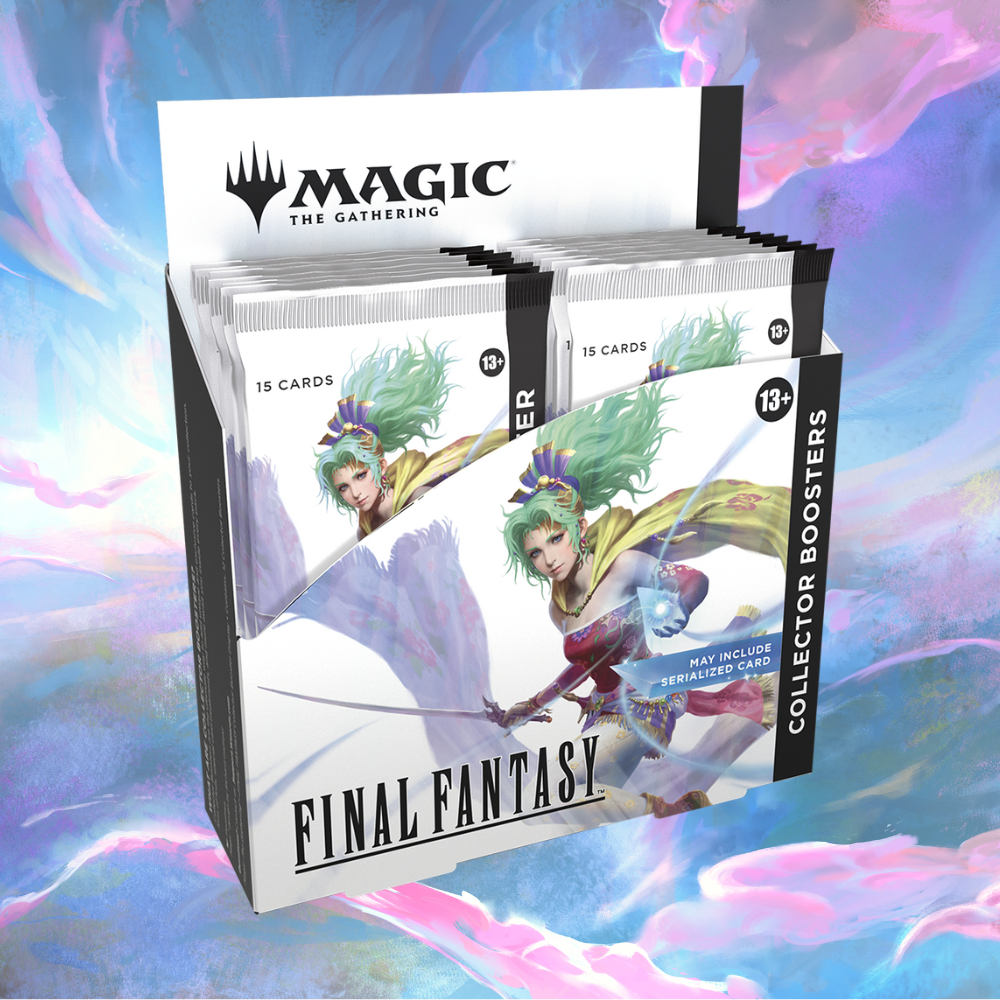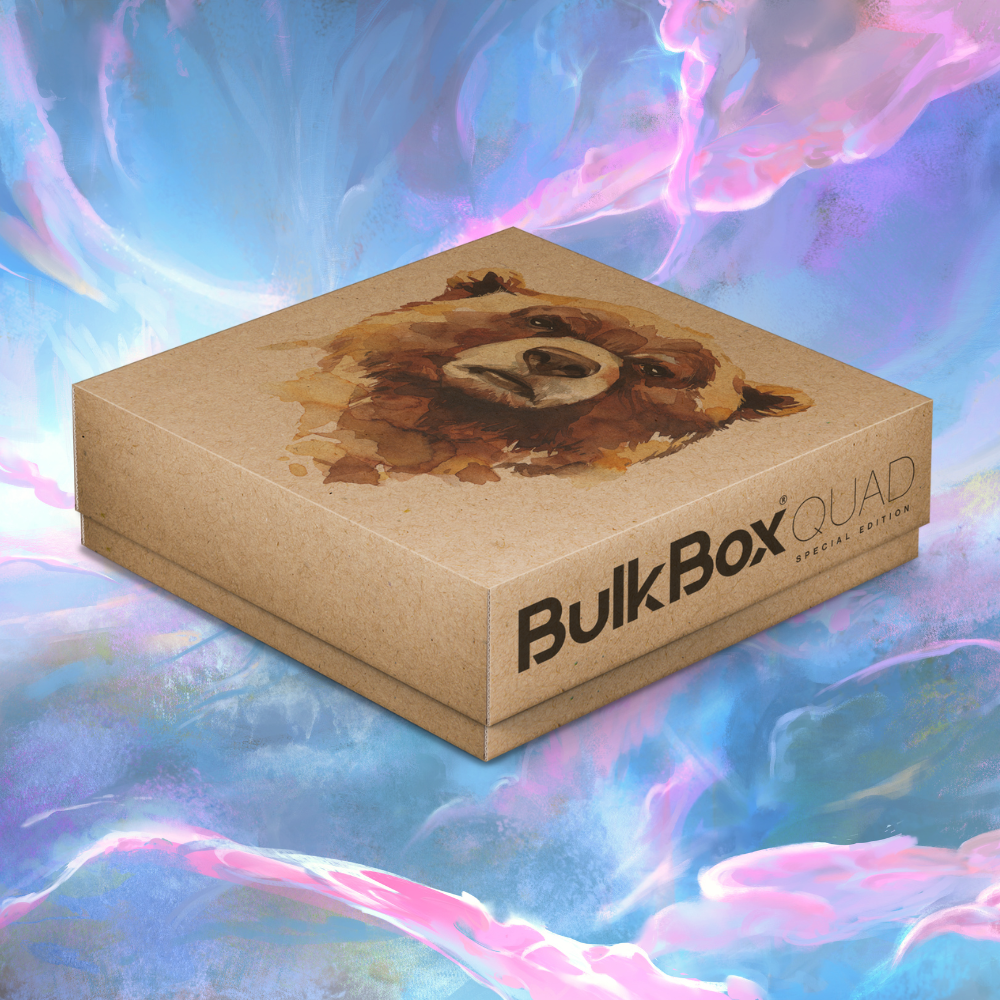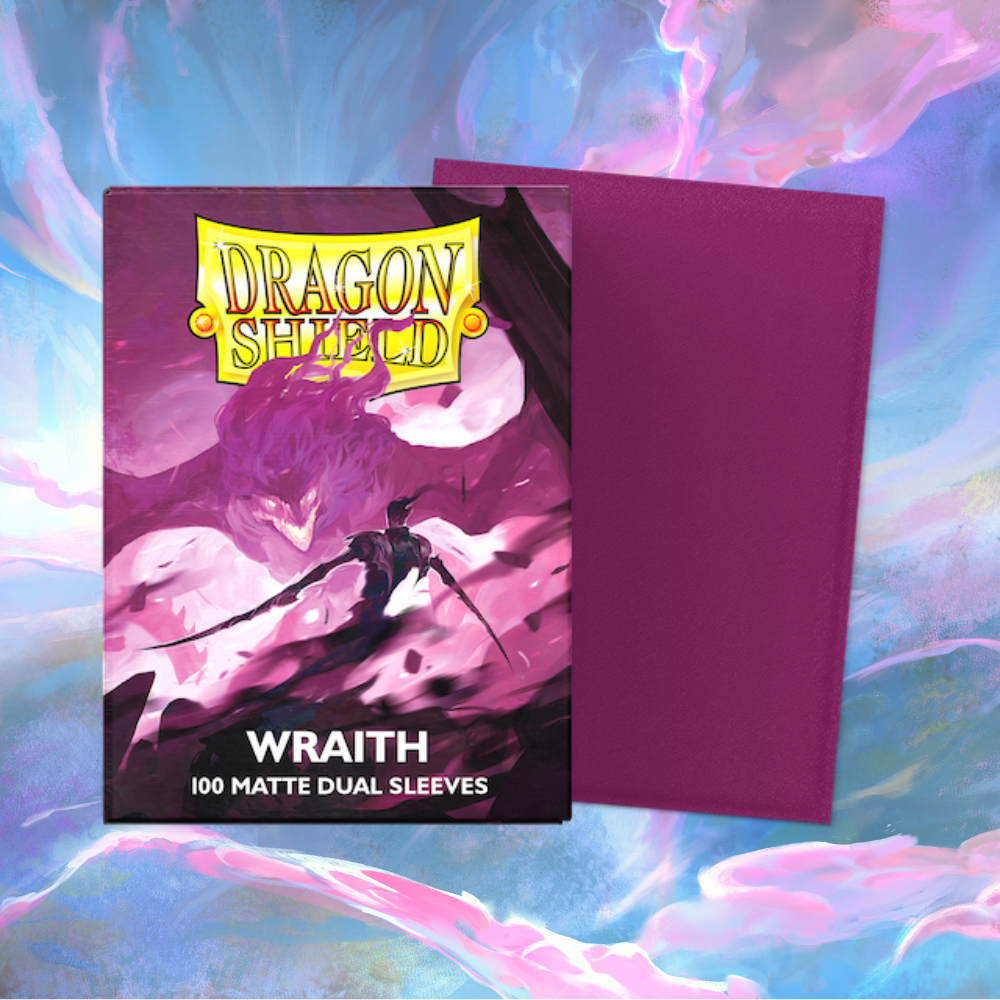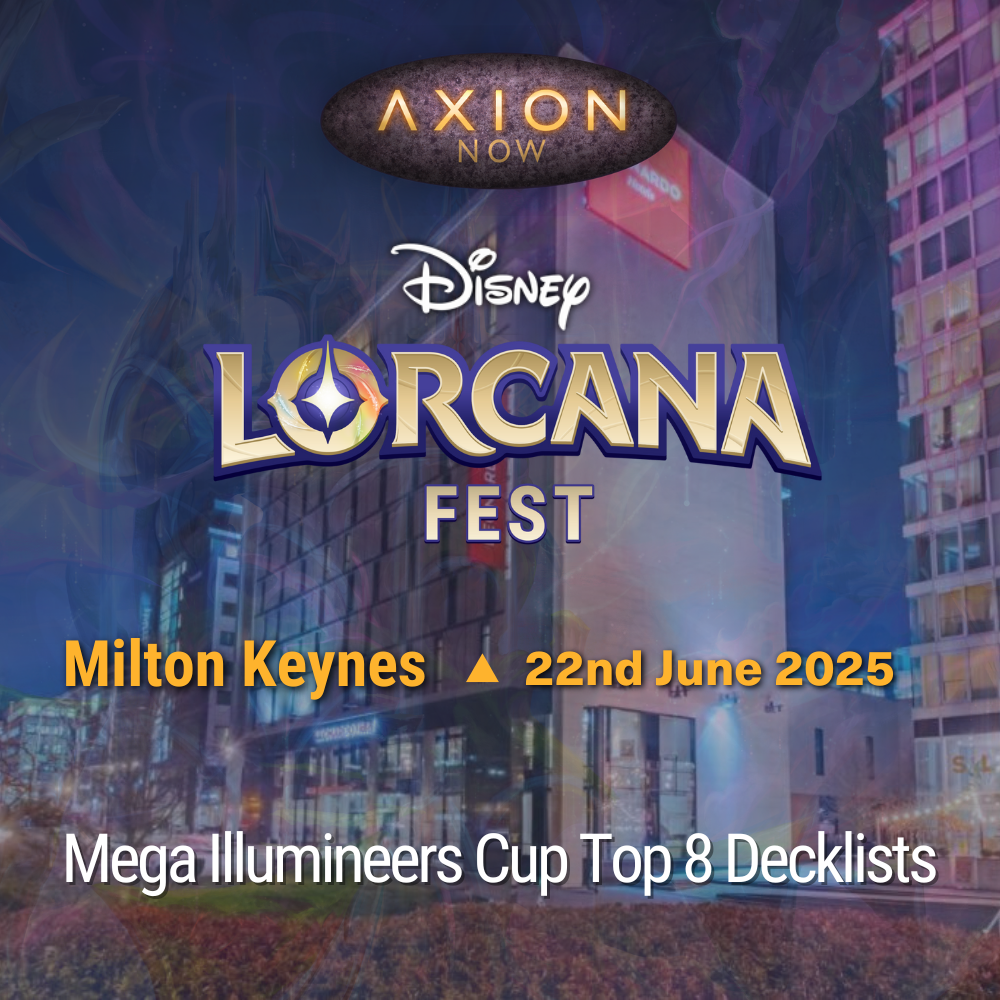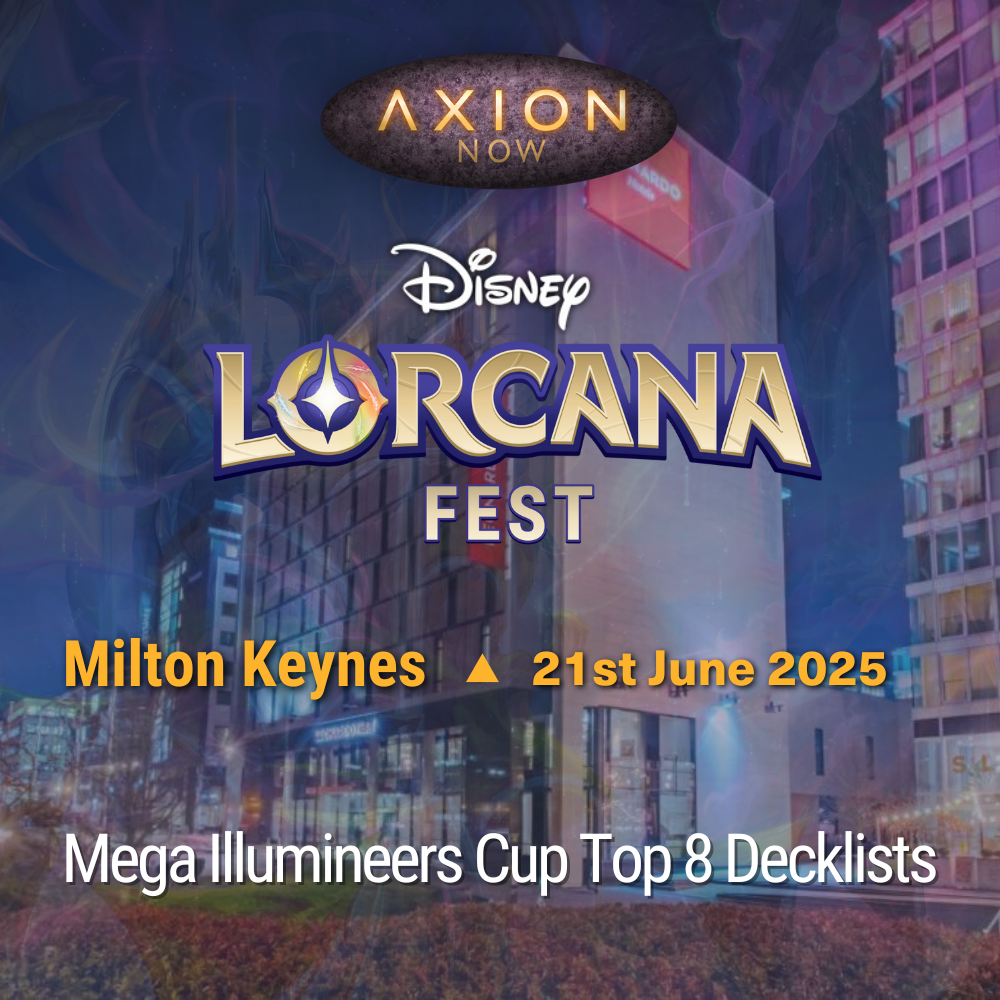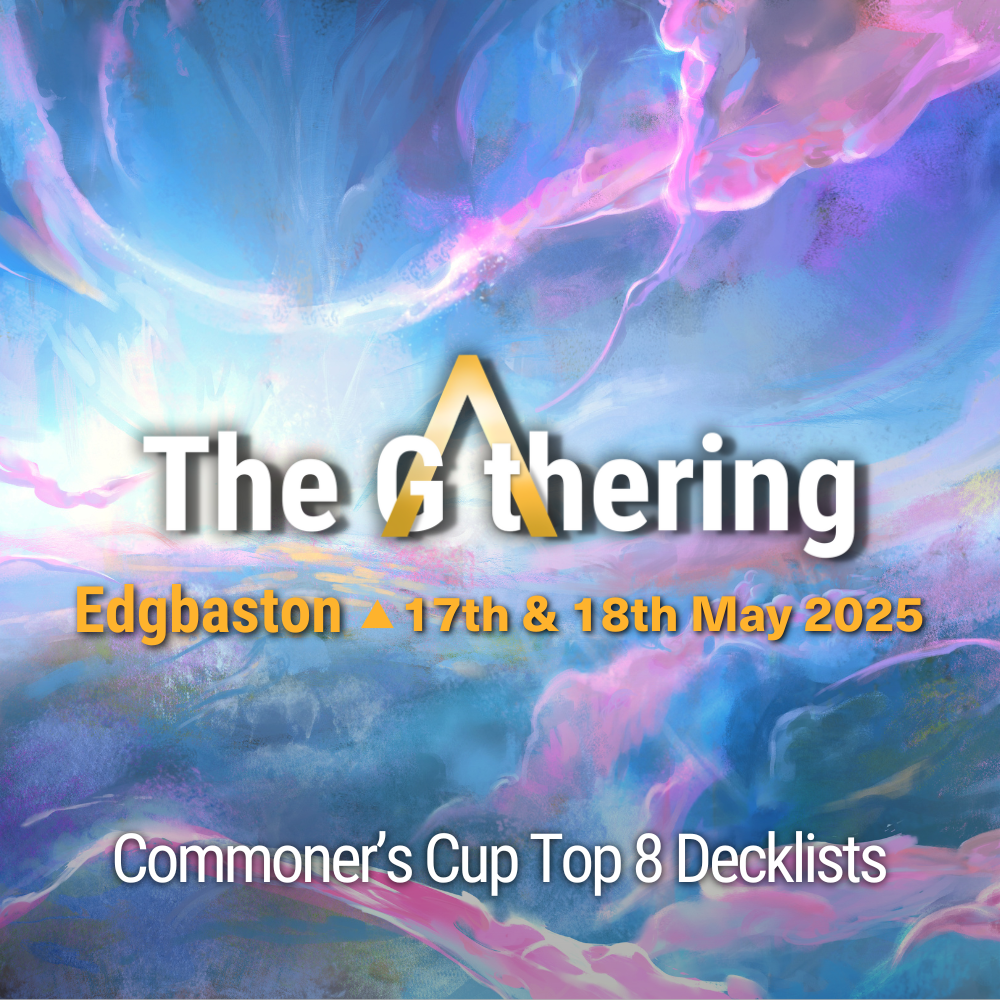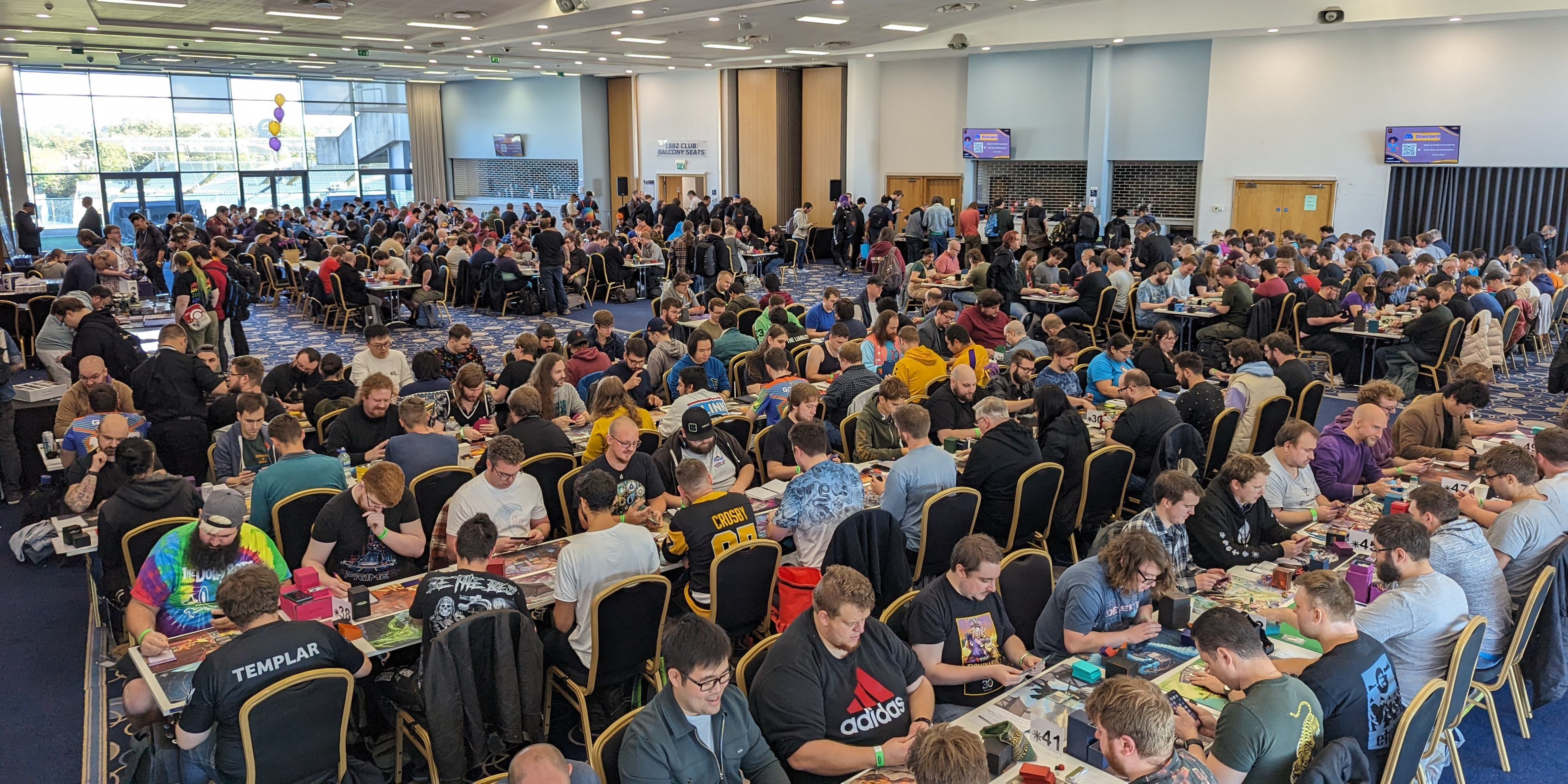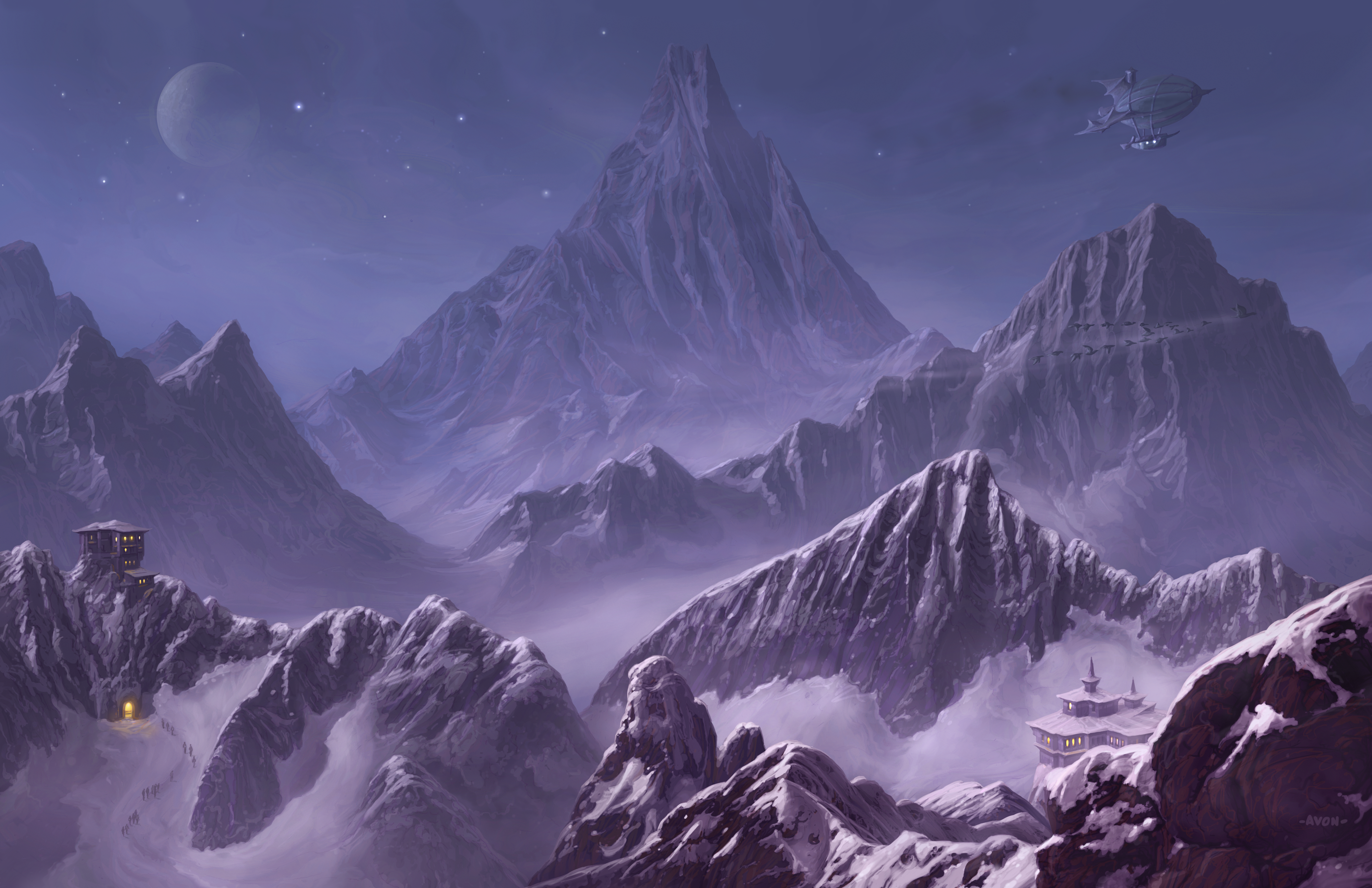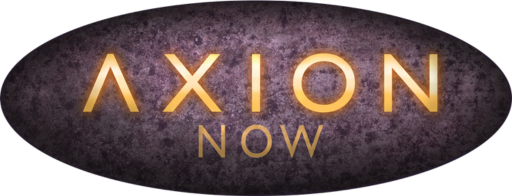Trading card games, or TCGs, are part strategy, part collection, part storytelling, and for many, part obsession. They offer more than just a way to win or lose. They let you build a deck like you’d build a fortress or a dream - a personalised arsenal of ideas and identity. At their best, they don’t just simulate battle; they simulate world-building, personality, even philosophy.
Among the many TCGs out there, Magic: The Gathering is the cornerstone, the original, the mythic first. Born in 1993 from the mind of mathematician Richard Garfield and published by Wizards of the Coast, Magic wasn’t just a new kind of game - it was a new kind of language for competitive creativity. You weren’t just a player; you were a planeswalker, a powerful spellcaster drawing strength from the raw essence of the multiverse. With each deck, you created your own rules, your own universe, your own story.
Magical and Relevant for More than 30 Years
What’s kept Magic: The Gathering relevant - and honestly, magical - for all that time isn’t just its gameplay (though the depth and elegance of its mechanics are legendary). It’s the Magic: The Gathering cards themselves. There’s an aura of myth around certain names: Black Lotus, the most famous and absurdly valuable card in the game's history, is almost talismanic at this point. Jace, the Mind Sculptor, once banned in multiple formats, remains a symbol of strategic dominance. A few cards like Ragavan, Nimble Pilferer, Fable of the Mirror-Breaker or Sheoldred, the Apocalypse have become icons of their respective metas. Proof that power, narrative and collectability of magic cards still walk hand in hand.
Commander Format
But the modern experience isn't just about individual Magic: The Gathering cards. It’s also about formats and especially Commander. Once a fringe fan-made variant, Commander (or EDH, short for Elder Dragon Highlander) has exploded into Magic’s most popular and enduring way to play this challenging card game. It’s multiplayer, it’s both social connection with friends and competitive play, and players create decks with some of the wildest creativity you'll see in deck-building. It’s where MTG cards from early sets thought too obscure or over-costed find new life and purpose, and where personal expression matters just as much as your Magic: The Gathering strategy. Your Commander deck is as much a sign of your personality as your skill and strategy.
Evolving Appeal
Recent sets have only deepened this personalisation and broadened the game’s reach. Take Bloomburrow, for example. This is a whimsical, vibrant plane filled with animalfolk and forest magic. It trades Magic’s usual swords-and-sorcery aesthetic for something closer to folklore and fantasy pastoralism, offering players a refreshing, storybook-like alternative to dark battles and cosmic horror. And then there’s the unprecedented crossover appeal of Magic x Final Fantasy. For longtime fans of either franchise, it’s an emotional blend of nostalgia and novelty. To summon Cloud Strife or Sephiroth not just in spirit, but in actual Magic mechanics, feels like a portal between fandoms - two iconic worlds finally shaking hands.
The recently released Edge of Eternity set is another bold leap. Its high-concept world-building that melds science fiction, metaphysics and cosmic warfare feels like Magic: The Gathering is entering a more mature, narrative-heavy phase. The planeswalkers of this set aren’t just travellers; they’re explorers on the edge of reality itself. Mechanically, the set introduces new design space that pushes how we think about time, recursion and inevitability in card games. It’s Magic: The Gathering not just as a game, but as speculative fiction.
An Unbroken Spell
So why do people keep coming back to buy rare cards or the latest Magic cards, to meet other players at their local game store or play new opponents at a national Magic: The Gathering event? It’s not just for the tournament wins or the collector’s binders. It’s for friends and opponents in the Magic community, for the stories told through cards, the rivalries and friendships formed around kitchen tables and in game stores. It's for the thrill of finding rare Magic: The Gathering singles, or cracking open booster packs and pulling a card that feels like it was made for you. Trading card games give us a language of dragons, creatures and ultimately imagination, skill and strategy; and the worlds of Magic: The Gathering are the most exciting of all.
Decades in, the Magic: The Gathering spell still hasn’t broken. In fact, it’s only getting stronger as Wizards of the Coast keep the game fresh and interesting through constant innovation and careful balance of nostalgia with new ideas. They have successfully evolved the game without losing its identity.


